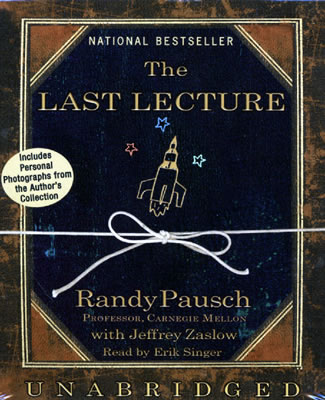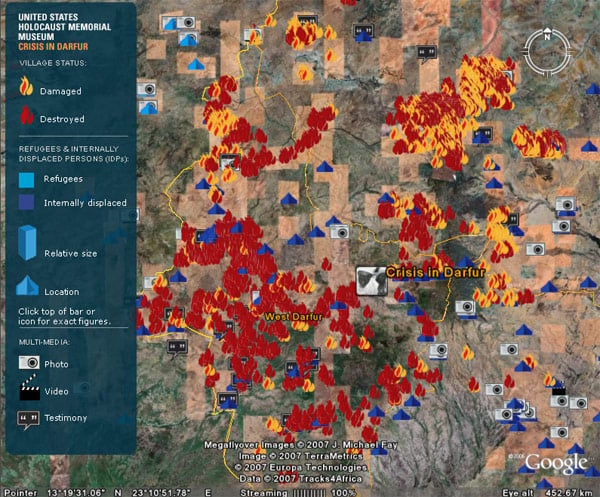 As a final speech before we all depart, one must summarize all the time the class has spent together. Ironically, the lyrics from the song "Friends Forever" by Vitamin C continuously pop into my head every time I think of graduation. Be it from the countless video montages of high school graduates or just the song itself, the tune most certainly hits on the modern topics of this year's class.
As a final speech before we all depart, one must summarize all the time the class has spent together. Ironically, the lyrics from the song "Friends Forever" by Vitamin C continuously pop into my head every time I think of graduation. Be it from the countless video montages of high school graduates or just the song itself, the tune most certainly hits on the modern topics of this year's class.Although this year is a bit different than the years past, we may be graduating but thanks to the dawn of the internet age, social networking is a breeze and we will still be able to maintain a large network of friends, colleagues, and family. Thus, graduation isn't as fearsome as it used to be in days past. The pressure of adapting to college life or a career is still present, however it is lessened by the fact that we know our friends are just a few clicks away.




















